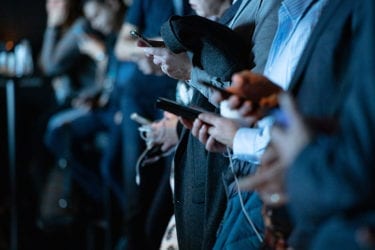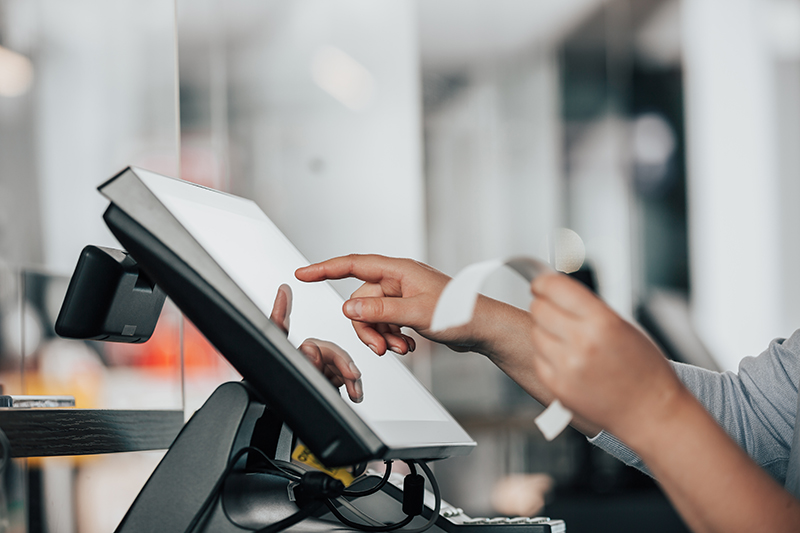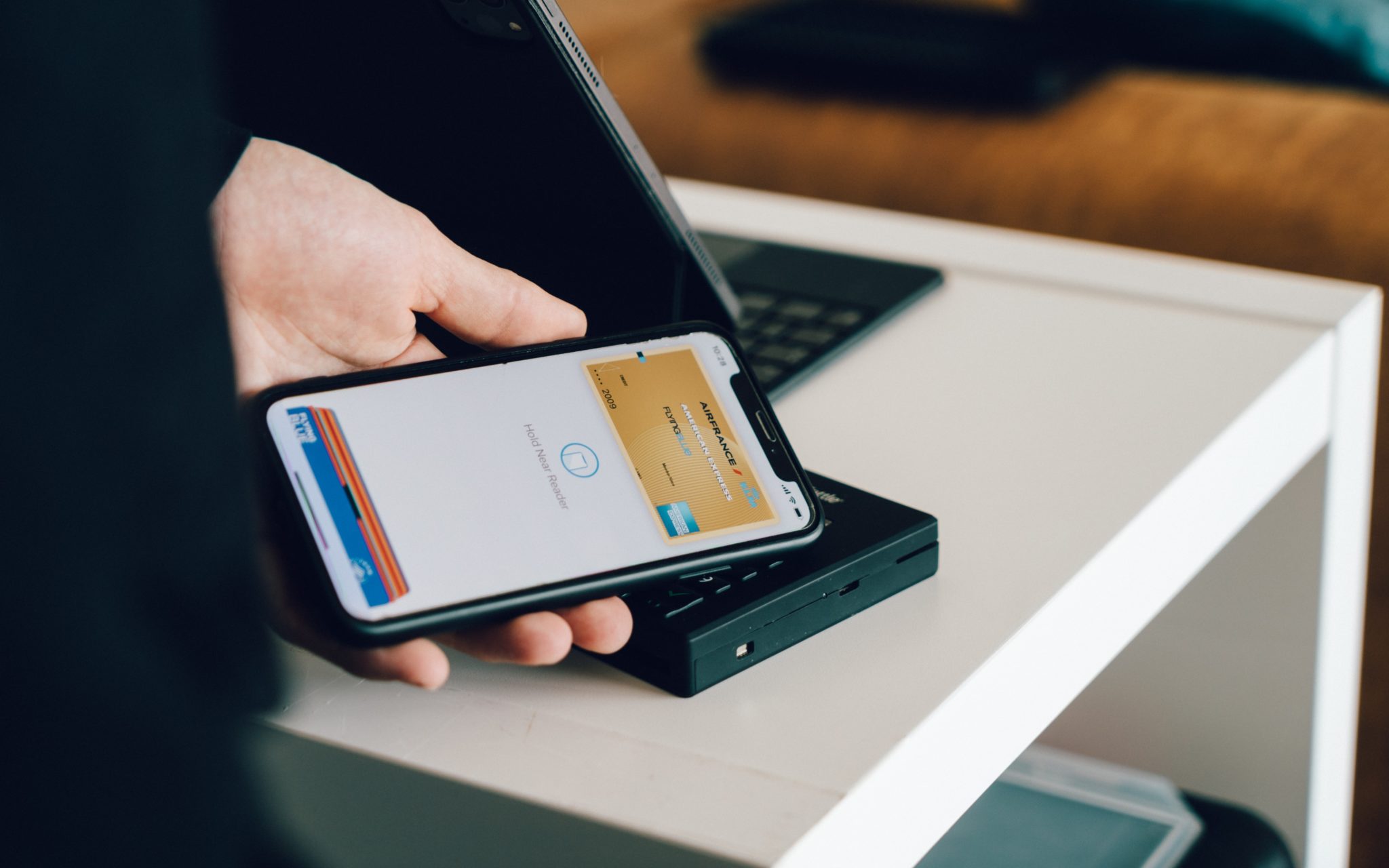By John Garvey
Jia Wertz, writing for Forbes, recently wrote that “consumers have slowly but surely been moving away from strictly shopping for products, instead of seeking a more engaging experience.”
In fact, worldwide management consultancy McKinsey & Company reports that household spending on “experience-related services” is growing at four times the rate of spending on goods. So how can you benefit from this as a retailer? Here are a few ideas:
1. Ask yourself this crazy question.
Clear back in 1998, Harvard Business Review (HBR) identified the paradigm shift towards experience-driven spending and offered suggestions that remain useful. One was asking,
What would I have to do to justify charging admission to my store?
This exercise—even if it’s only theoretical—may help you identify opportunities to differentiate your shop and capture new, high-value customers. While most in-store events aren’t admission-based, “demonstrations, showcases, contests, and other attractions” could be, suggests HBR.
Contact RCS to learn how we provide customized solutions to optimize your omnichannel marketing, inventory management, and sales.2. Encourage social sharing to make your customers advocates.

Contributor Anne Gherani recently wrote about how turning consumers into brand advocates can offset the declining effectiveness of online advertising.
“With consumers equipped to market on brands’ behalves, brands need to step up their game and invest in experiences that their consumers actually want to share,” Gherani says. “From storefronts and pop-up shops to innovative expo booths and interactive insta worthy subway ads, the experience economy is set to be the most lucrative brand channels to tap into.”
Encouraging social sharing is a comparatively low-cost way to boost sales for two reasons:
- People are becoming numb to digital marketing. Those channels are oversaturated and consumers are more interested in their friends’ activities and recommendations than ads.
- For better or worse, fear of missing out (FOMA) is driving many consumer choices.
3. Pretend every laugh is worth a few dollars.
Southwest Airlines’ flight attendants are known to deliver funny flight safety announcements. But how do these off-script spiels influence spending? In the excellent book The Power of Moments, authors Chip and Dan Heath talked about what Southwest learned by looking at the data:
Travelers who heard a funny flight safety announcement bought an extra half flight per year (on average) compared to those who didn’t. The researchers figured if the frequency of funny announcements doubled, it would boost annual revenue by $140 million!
$140 million return on an investment of $0!
You’ve got this. In many ways, retailers are simply being called to take things they’ve always done well and find creative ways to elevate them. The right partnerships can help you along the way with CRM and marketing tools, strategic insights, and other forms of support.



